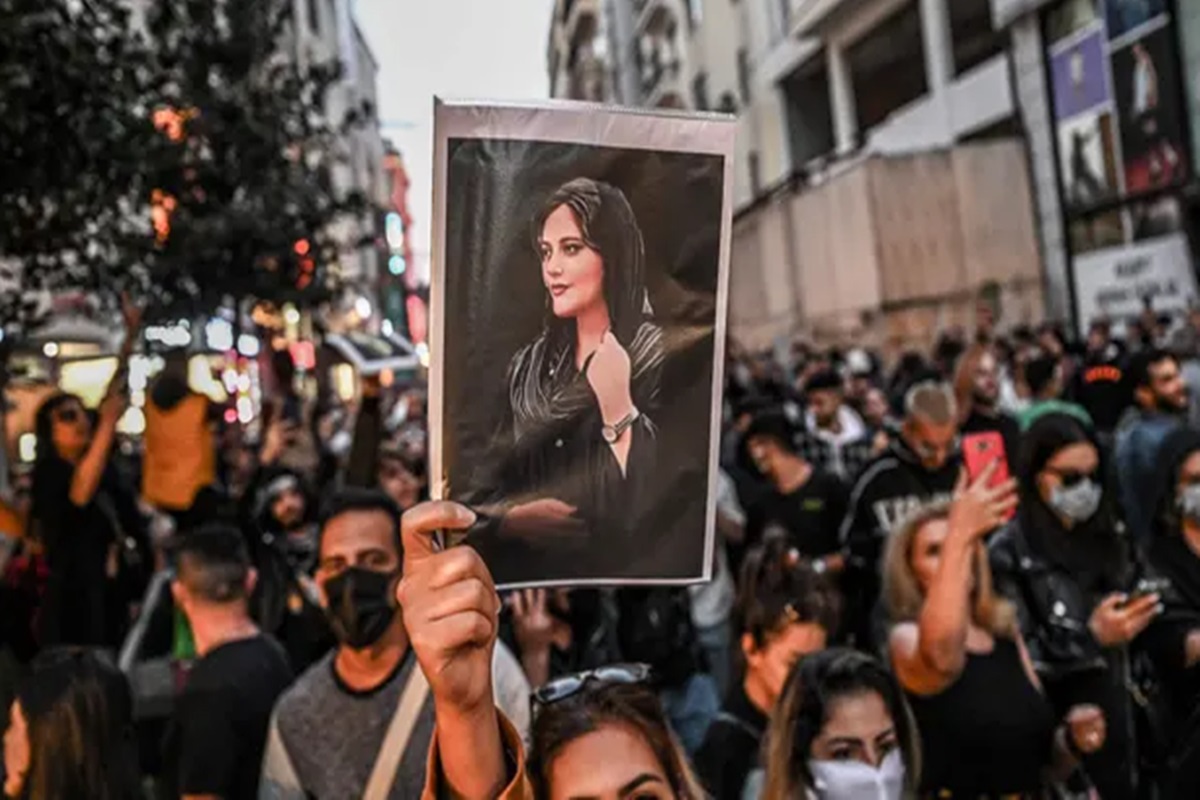Iran’s parliament has given its approval to the ‘hijab and chastity bill,’ which introduces stringent penalties for violations of mandatory dress codes. The bill outlines a range of punishments, including fines and prison sentences, for those who do not comply.
This legislation could subject individuals deemed to be dressed “inappropriately” to imprisonment for up to 10 years. The bill has undergone a three-year “trial” period. And, if it gains approval from Iran’s Guardian Council, an unelected body in the country’s theocratic system, it will be a pilot program lasting between three to five years. Subsequently, lawmakers may consider making these measures permanent.
Advertisement
These measures build upon previous initiatives aimed at enforcing strict dress codes and identifying unveiled women, such as the installation of surveillance cameras in public spaces.
Moreover, individuals found guilty of “promoting nudity” or “mocking the hijab” on media platforms or social networks will also be subject to fines. Additionally, vehicle owners can face penalties if female drivers or passengers fail to adhere to the strict dress code.
More about the ‘Hijab and Chastity Bill’:
The hijab and chastity bill also targets those who “organize violations of the dress code” or collaborate “with foreign or hostile governments, media, groups, or organizations.” Such individuals may face imprisonment for a period ranging from five to 10 years.
The legislation defines unacceptable attire for women as “revealing or tight clothing, or clothing that shows parts of the body lower than the neck or above the ankles or above the forearms.”
However, men’s attire should be just “revealing clothing that exposes body parts below the chest, above the ankles, or the shoulders.”
This development follows protests that erupted a year ago following the death in custody of Mahsa Amini. The morality police detained her for allegedly violating hijab regulations. Amini passed away under suspicious circumstances in a Tehran hospital. The Guidance Patrol, Iran’s government religious morality police, had arrested her for purportedly not wearing the hijab in accordance with government standards.









